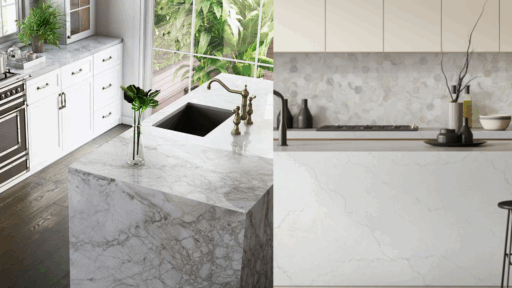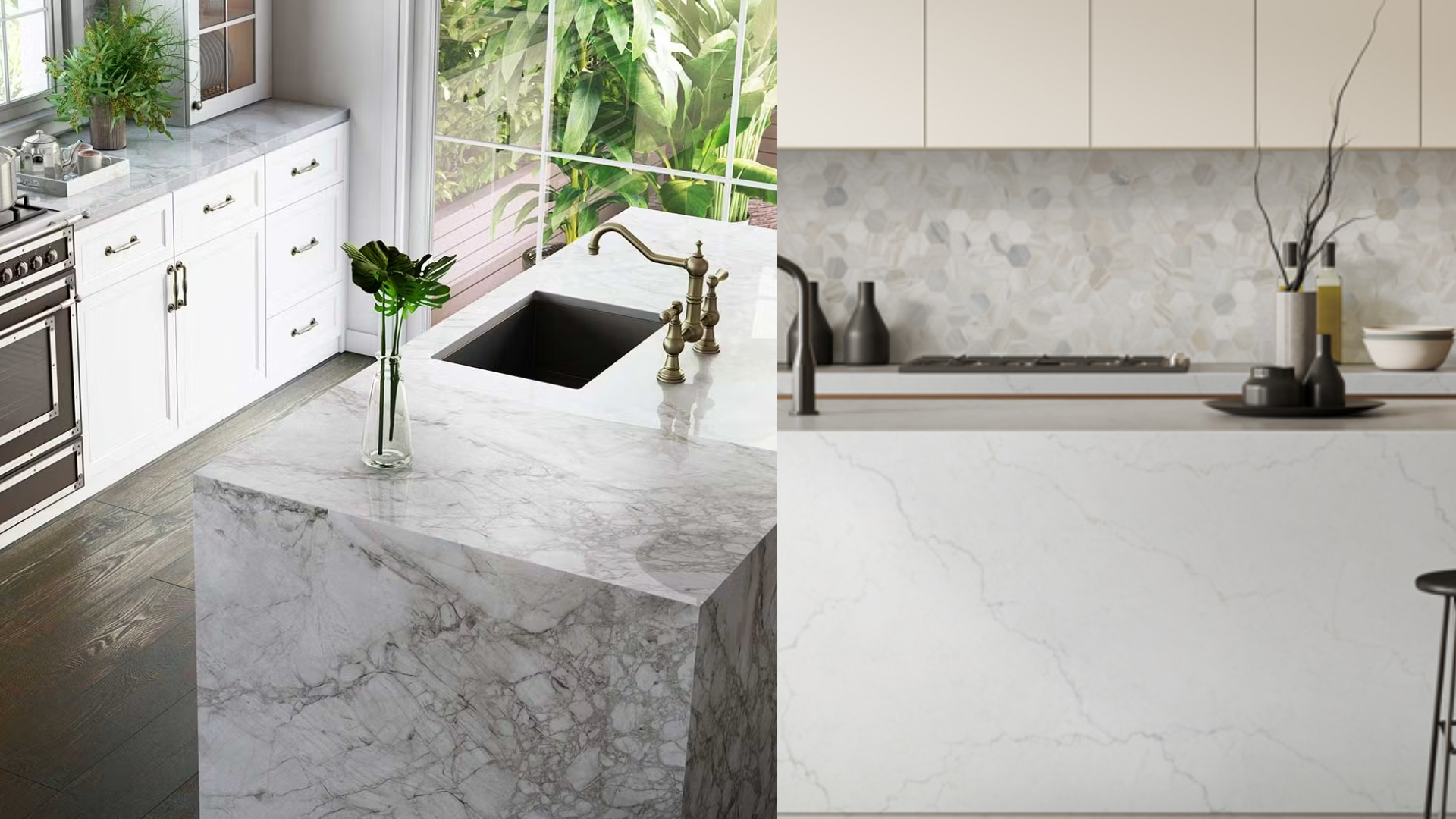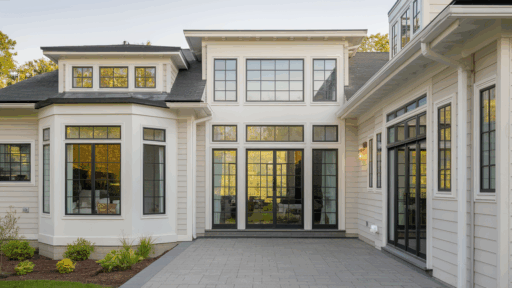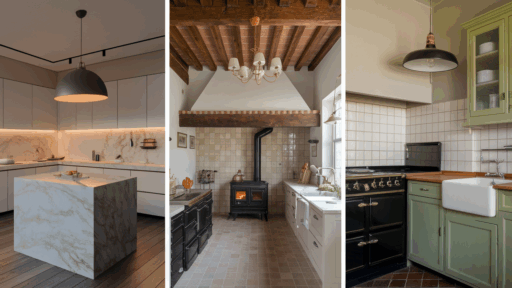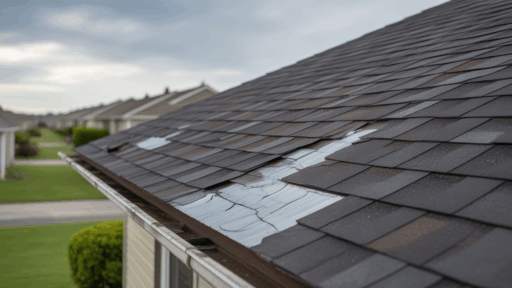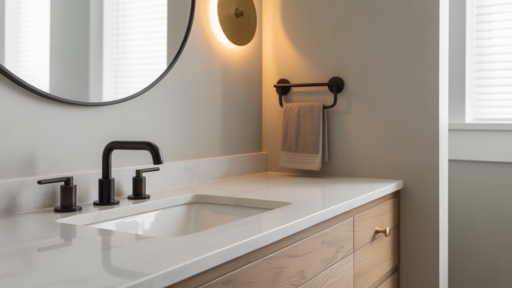When choosing a countertop, two materials often come up: Dekton and Quartz.
I’ve worked with both and can tell you, they’re stylish, durable, and perfect for modern homes, but they have key differences you should know.
Dekton is a man-made, ultra-compact surface created through a high-tech process that mimics how natural stone forms.
It’s extremely heat-resistant, UV-stable, and works great both indoors and out.
Quartz is also engineered, made from natural quartz crystals mixed with resin to create a non-porous, stain-resistant surface.
It’s a go-to for kitchens and bathrooms because of its wide color options and easy maintenance.
So, which one is better? That really depends on your lifestyle, budget, and what look you’re going for.
In this comparison, I’ll walk you through everything, from durability to design, so you can confidently choose the best surface for your kitchen, bathroom, or anywhere else in your home.
What Is Dekton?
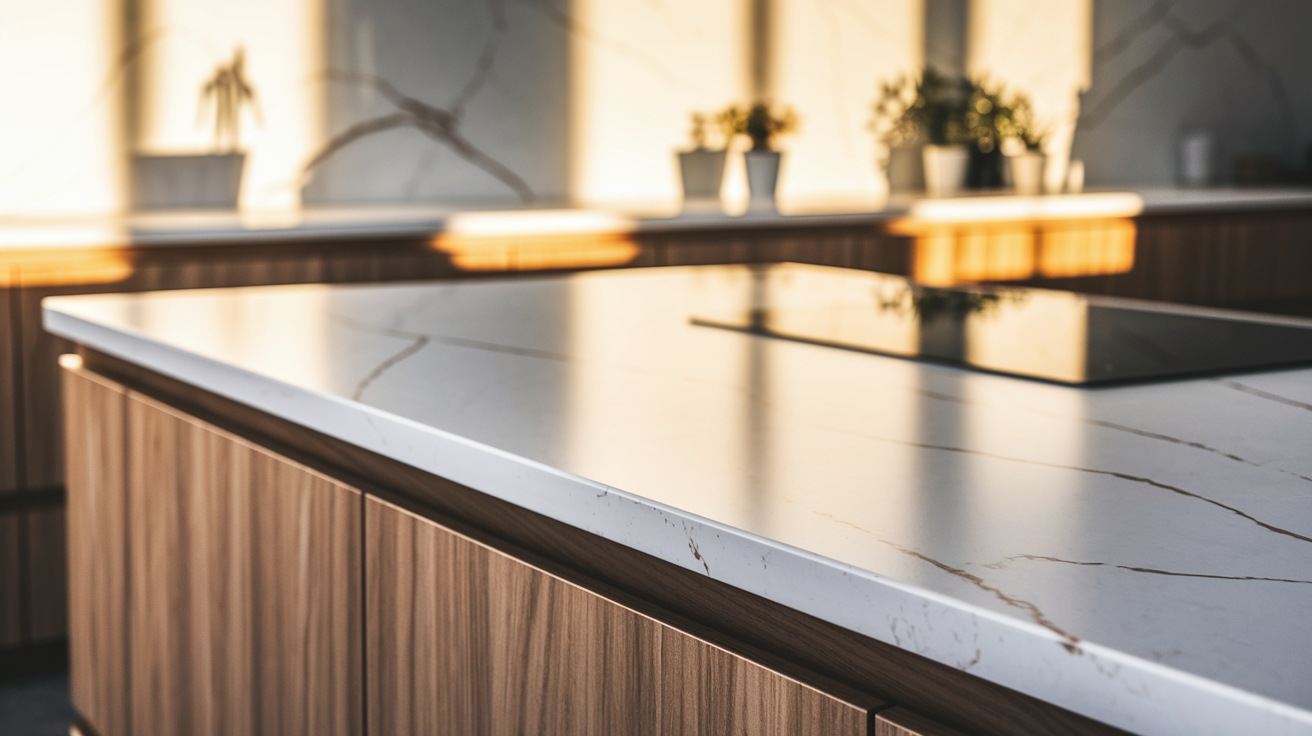
Dekton is a man-made surface known as sintered stone. It’s created by blending raw materials, like glass, porcelain, and quartz, then compressing them under extreme heat and pressure.
This process, known as ultra-compaction, produces a dense and durable surface that mimics the formation of natural stone over thousands of years.
One of Dekton’s biggest strengths is its heat resistance. You can place hot pans directly on it without damage.
It’s also UV-stable, meaning it won’t fade in sunlight, making it perfect for outdoor kitchens or sunlit spaces.
Plus, it’s scratch-resistant, making it a smart choice for busy kitchens or high-traffic areas.
Due to its toughness and sleek design, Dekton is utilized for kitchen countertops, bathroom vanities, outdoor spaces, walls, and floors.
It’s a great pick if you want a modern look and long-lasting performance, both inside and outside your home.
What Is Quartz?
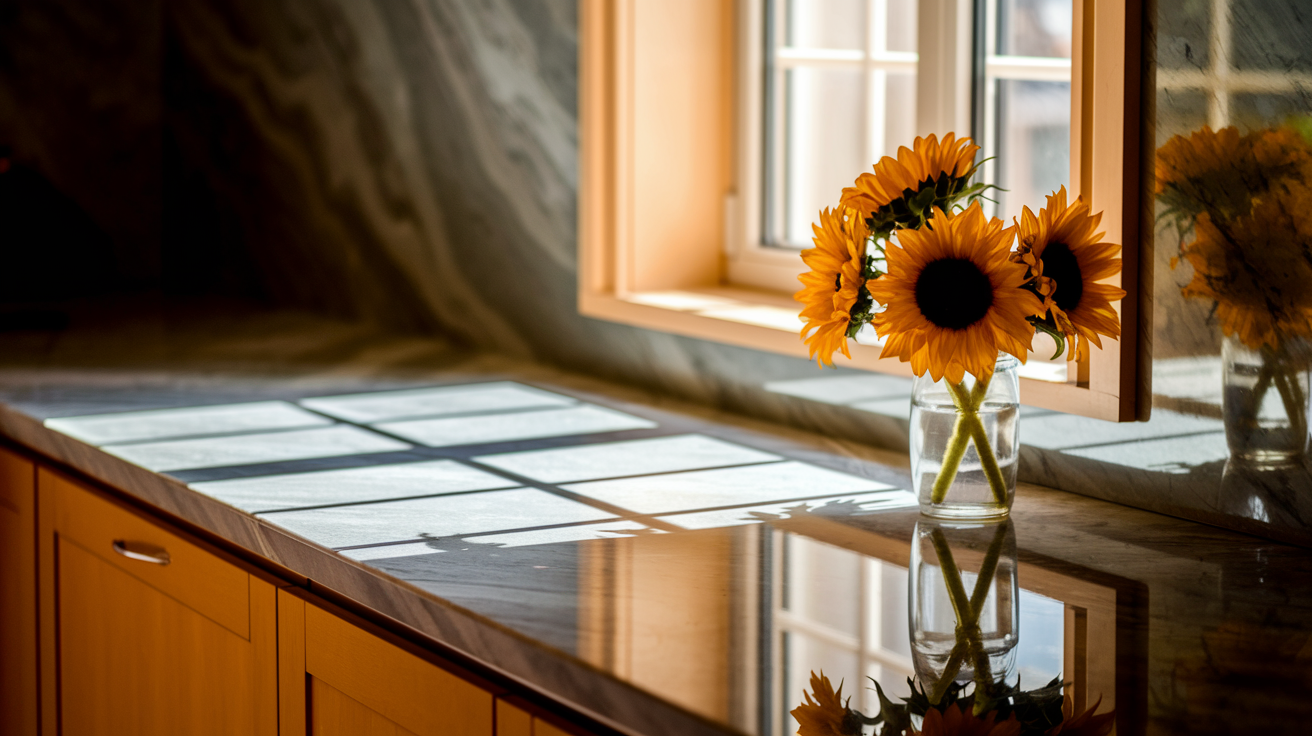
Quartz is also a man-made surface, but it’s created by combining natural quartz crystals with resins and pigments.
The result is a strong, smooth material that resembles stone but offers a wide range of colors and patterns.
Unlike natural stone, quartz has a more uniform appearance.
Quartz is known for being non-porous, which means it won’t absorb liquids, so you don’t need to seal it.
It’s also stain-resistant, scratch-resistant, and easy to clean. You need soap and water to keep it looking good.
Most people use quartz for kitchen countertops, bathroom vanities, and backsplashes. It’s best for indoor spaces since it can fade in direct sunlight.
If you’re looking for a stylish, low-maintenance surface with numerous color options, quartz is a reliable and popular choice.
Dekton vs Quartz: A Comparison
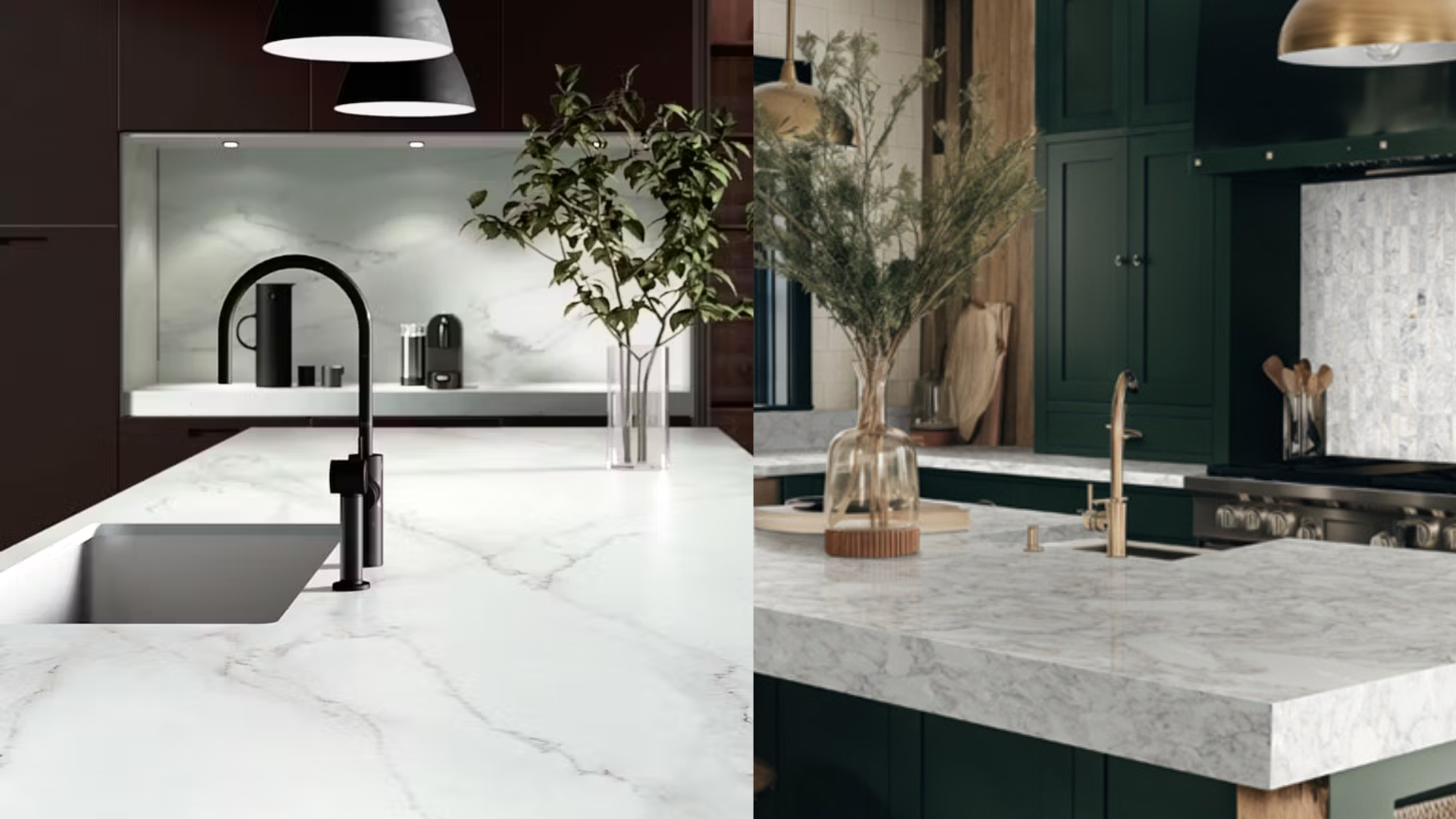
This table provides a quick comparison of Dekton and Quartz in terms of heat resistance, appearance, cost, and other key factors. I’ve also included a detailed breakdown after the table to explain what each feature means in real-world use.
| Feature | Dekton | Quartz |
|---|---|---|
| Material Type | Sintered stone (ultra-compact surface) | Engineered stone (natural quartz + resin) |
| Heat Resistance | Excellent – can handle hot pans directly | Moderate – use trivets to avoid damage |
| Scratch Resistance | Very high – highly scratch-resistant | High–resists scratches under normal use |
| UV Resistance | Yes – won’t fade in sunlight | No, it can discolor with UV exposure |
| Stain Resistance | Excellent – resists even harsh chemicals | Excellent – resists stains from common spills |
| Porosity | Non-porous – no sealing needed | Non-porous – no sealing needed |
| Maintenance | Easy – soap and water or stronger cleaners | Easy – soap and water, avoid strong chemicals |
| Appearance | Natural stone look, matte or textured finishes | Wide range of colors and patterns, polished finish |
| Common Uses | Indoor & outdoor countertops, walls, and flooring | Indoor countertops, backsplashes, and vanities |
| Cost (per sq. ft.) | $60–$120+ installed | $50–$100 installed |
| Best For | High-traffic or outdoor spaces | Stylish, low-maintenance indoor surfaces |
1. Durability and Strength Comparison
When it comes to durability, both Dekton and Quartz are strong, but they perform differently under pressure, literally.
Dekton is highly heat-resistant. You can place a hot pan right on the surface without worry. It also handles scratches and impacts well, thanks to its dense composition.
It’s ideal for heavy-duty use and resists chipping easily.
Quartz, while still very durable, doesn’t handle heat as well. You’ll need to use trivets or hot pads to protect it.
It’s also resistant to scratches and cracks under normal use, but can be more prone to damage from strong impacts or sudden temperature changes.
If your kitchen or bathroom experiences a lot of activity, such as spills, heavy pans, or sharp tools, Dekton may hold up better in the long run, especially in high-traffic areas or outdoor environments.
2. Appearance and Design Variety
The look of your countertop matters just as much as performance. Both Quartz and Dekton offer stylish finishes, but their visual appeal differs.
Dekton leans toward a natural, earthy aesthetic with finishes that mimic concrete, stone, or slate.
It suits modern, industrial, or minimalist styles and is ideal if you want a surface with bold texture or a raw, architectural feel.
Quartz comes in a wide variety of colors and patterns, from marble-like veining to smooth solids.
It provides a clean, consistent look that’s easy to match with cabinets, walls, and flooring across traditional or modern interiors.
Both options are beautiful. Choose Quartz for consistency or Dekton for natural texture, depending on your space and style preferences.
3. Maintenance and Cleaning
Both materials are low-maintenance, but they differ slightly in terms of what is required to keep them looking good.
Dekton is also non-porous and doesn’t need sealing. It’s extremely resistant to stains, even from tough substances like bleach or rust.
It can handle strong cleaning products and heat without breaking down.
Quartz is non-porous, making it extremely easy to clean. You don’t need to seal it, and most spills just wipe off with soap and water.
It resists stains from coffee, wine, and oils. However, it’s not as resistant to harsh chemicals or high heat.
So, if you’re looking for a worry-free surface that can take more abuse, Dekton is slightly more resilient overall. But both are great choices for busy homes.
4. Cost and Value
Countertop prices can vary widely by material. Here’s how Quartz and Dekton compare when it comes to cost and overall value.
Dekton generally ranges from $60–$120 per square foot. It’s more expensive due to its manufacturing process and exceptional durability.
It performs well outdoors and resists heat and wear, making it a solid long-term investment despite the higher upfront cost.
Quartz usually costs $50–$100 per square foot, including installation. It’s widely available and offers great value for indoor use.
With many budget-friendly styles, it’s a smart option if you’re remodeling on a tighter budget without sacrificing style or durability.
Choose Quartz for affordable, stylish indoor surfaces. Pick Dekton if you need extra durability, especially in outdoor or high-traffic areas.
5. Installation Process and Time
Both Dekton and Quartz require professional installation, but there are key differences in how each is handled.
Dekton is incredibly dense and hard, but also more brittle around the edges. It must be cut with specialized diamond tools, and installers need training to handle it properly.
Its large-format slabs are lighter due to their thin profile, but they’re more fragile during transport and fabrication.
Quartz, on the other hand, is easier to work with. It can be cut and shaped using standard stone-cutting tools, and most countertop professionals are already familiar with the process.
This makes Quartz installation quicker and more widely accessible. In many cases, the job can be completed in just one day.
In general, Quartz offers a faster and more straightforward install, while Dekton may involve extra time and care, but the result is a highly durable, long-lasting surface.
Which One Should You Choose?
Choosing between Dekton and Quartz comes down to your lifestyle, location, and personal preferences.
If you need a surface that can handle heat, sun, and heavy wear, especially in outdoor spaces or high-traffic areas, Dekton is a strong choice.
It’s ideal for homeowners who prioritize long-term durability and prefer a modern, natural look, even if it comes with a higher price tag.
On the other hand, if you’re designing an indoor space and want a wide range of colors, easy maintenance, and a more budget-friendly option, Quartz is hard to beat.
It performs beautifully in kitchens, bathrooms, and other areas where exposure to sunlight and extreme heat isn’t a major concern.
Overall, Dekton offers heat resistance, UV stability, and long-term strength, while Quartz shines with affordability, style variety, and easy upkeep.
Conclusion
Both Dekton and Quartz are strong, beautiful choices for countertops.
Dekton is incredibly durable, heatproof, and UV-resistant, making it ideal for outdoor kitchens or high-traffic indoor areas.
Quartz, on the other hand, offers a wide variety of colors and patterns, is easy to maintain, and works well in most indoor spaces.
The best option depends on your lifestyle, design goals, and the intended use of the surface.
Consider how often you cook, whether you require sun resistance, and which style best suits your home.
Take your time comparing both materials. And when you’re ready, consult a local countertop professional to get samples, accurate pricing, and expert installation advice.
Need help choosing? Reach out to a designer or supplier near you to get started with confidence.
Frequently Asked Questions
Do Dekton and Quartz affect home resale value?
Yes, both add value. Quartz appeals broadly with classic looks and low maintenance. Dekton attracts high-end buyers seeking durability, outdoor use, and modern design aesthetics.
What edge profiles and thicknesses are available?
Quartz offers 1.2, 2, and 3 cm thicknesses with eased, beveled, bullnose, and ogee edges. Dekton offers 8mm–20mm thicknesses, usually with square or mitered modern profiles.
Can I use Dekton or Quartz outdoors?
Dekton excels outdoors, resisting UV, heat, and cold. Quartz isn’t UV-stable and may discolor in sunlight, so it’s recommended only for indoor applications.
How do the finishes differ between Dekton and Quartz?
Quartz finishes include polished, matte, and suede for a sleek look. Dekton offers matte, satin, and textured stone-like finishes, mimicking concrete, slate, or marble realistically.
How long do Dekton and Quartz countertops last?
With proper care, both last decades. Quartz and Dekton offer 10-year to lifetime warranties, but Dekton’s superior resistance gives it an edge in longevity, especially outdoors.

